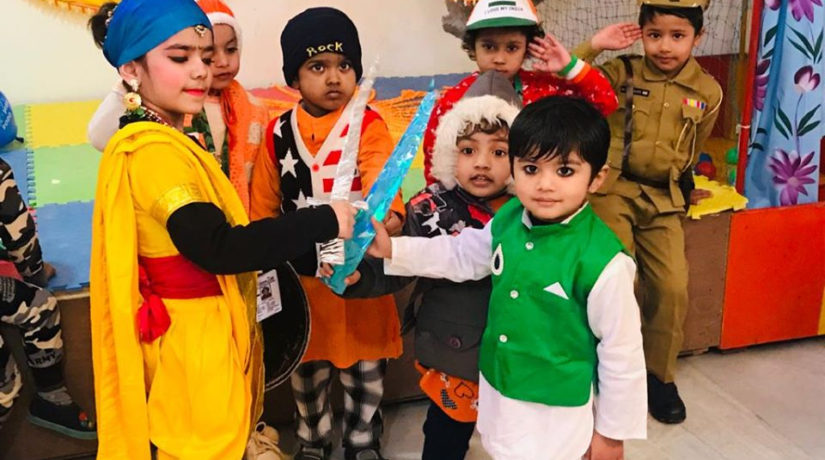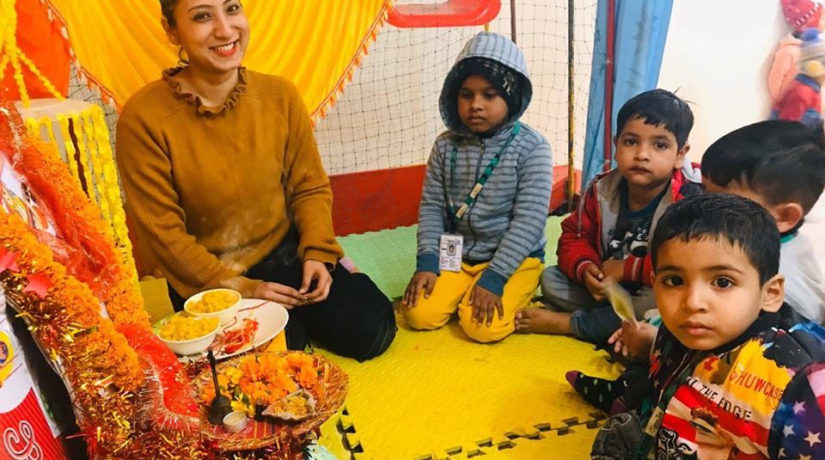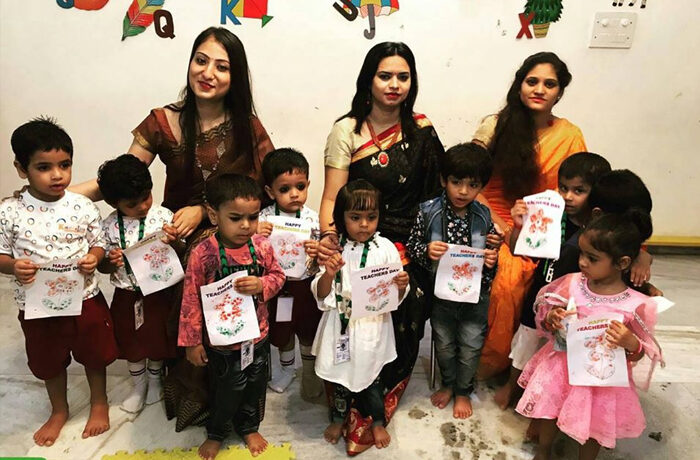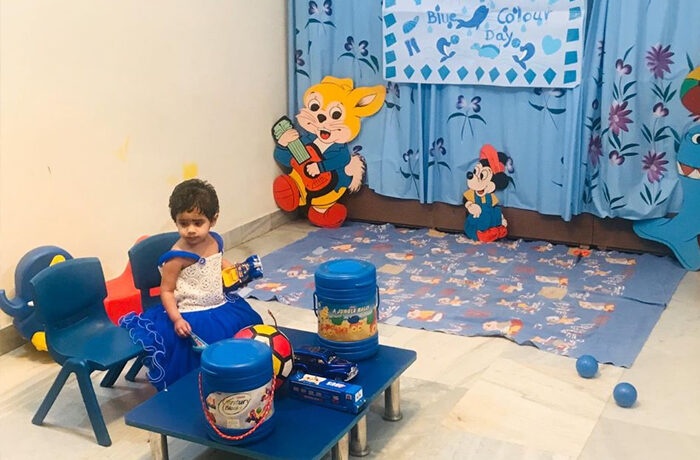Your child’s first day at preschool is a milestone moment in your parenting journey. Your child is stepping into their second home, and you want to be sure that they will be safe. But first, it’s important to define: what exactly does “safe” mean?
There are three ways in which you should measure your child’s safety at preschool (and beyond):
- Physical safety: Is my child in an environment that protects them from physical harm?
- Emotional safety: Is my child treated with love and respect? Do they feel empowered to express themselves?
- Cognitive safety: Is my child taught in an age appropriate way?
Safety Issues
Physical safety
- Injuries — Young children do not understand the effects of playing rough. They often accidentally cause injuries to themselves or their friends. Lack of communication and classroom rules can increase such incidents
- Fire Safety —Preschools don’t always pay attention to fire safety guidelines. The consequences of overlooking fire proofing and fire drills can be severe
- Transportation — Conductors and drivers may not always be able to take care of children. Roads are dangerous and guidelines for school buses are not always followed
Emotional safety
- Corporal Punishment — A 2007 report on child abuse by the Ministry of Woman and Child Development found that 2 out of 3 children are subject to corporal punishment, which includes beatings and making children stand for hours. Preschools sometimes also have teachers trying to punish students in this manner
- Molestation and Abuse — As detailed in this Hindustan Times article and in this Times of India article, children are often at risk of assault from the staff responsible for their care, which can cause trauma and injury. While some cases come to light, a lot of others may stay in the shadows as young children hesitate to talk about the issue. This makes it all the more important to have preventive safeguards in place
- Learning/Emotional Problems — Problems at home, learning disabilities, social problems, and other psychological issues are often overlooked in young children. Not addressing these problems sensitively can hamper the child’s development
Cognitive safety
- Academic Pressure — Teachers put children’s mental safety at risk by putting academic pressure on young children. By assigning homework and testing children of preschool age, they risk not letting them reach developmental milestones in their own time




